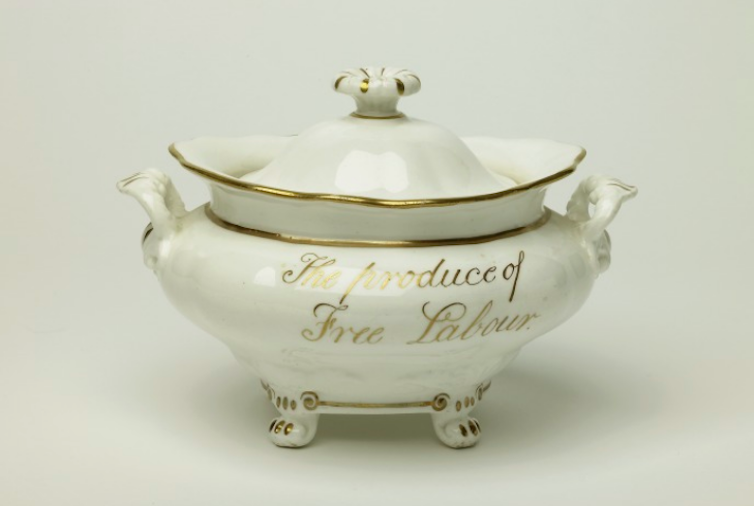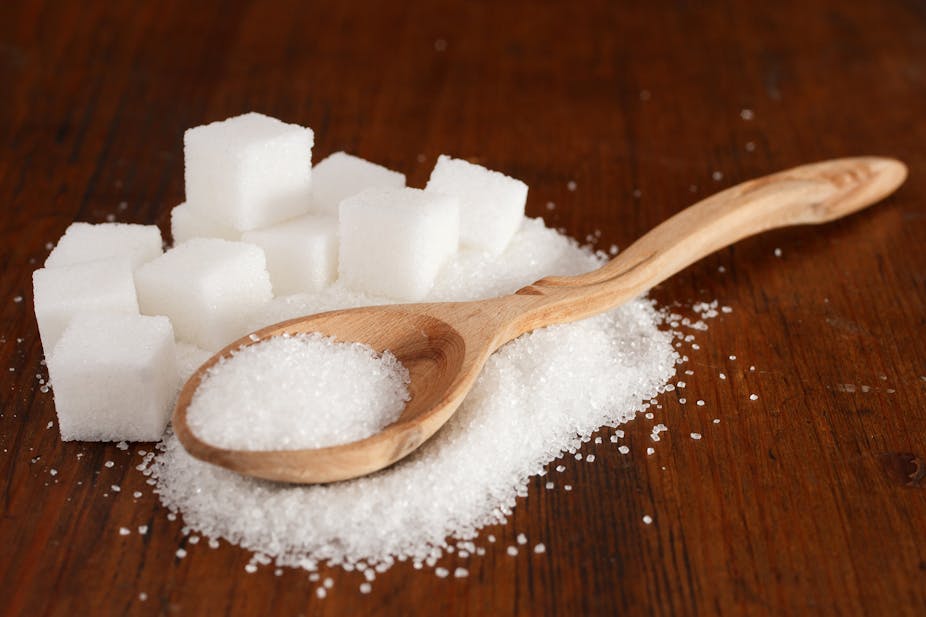With shopping days to Christmas fast running out, how many of us are thinking about the ethics behind what we buy? This can be a difficult area to understand, since data on ethical consumption is very thin on the ground. One indicator, the Ethical Consumer Markets Report 2018, points to good news and bad news in the recent past.
In 2017, the most recent year for which data is available, the average person in the UK spent £1,238 on ethical purchases, compared to £542 ten years earlier. That’s a rise of over £500 per head even after inflation is taken into account – although we need to be slightly cautious with this kind of information because the data is based on products that have been categorised as ethical. It ignores the fact that people sometimes buy them for other reasons, such as health or availability.
Year on year, the report painted a mixed picture. There was a 20% rise in UK purchases of ethical clothing and a 23% rise in purchases of second-hand clothing for environmental reasons. Ethical food and drink purchases rose 16% and green energy spending grew 56%. Yet this was offset by an 87% drop in sales of solar panels and a 28% drop in sales of energy-efficient cars. This was because the government subsidies had been shifted to other areas.
We also shouldn’t assume that purchases of ethical goods will keep on increasing over time, just like the ten-year data seems to show. In fact, history tells us to be careful here. One interesting case study that I was involved in examining is that of rise and fall of free-labour sugar. It highlights just how little power consumers may actually have when it comes to ethical shopping, and how we need to put more pressure on businesses and governments to do the right thing.
In late 18th century Britain, several sugar producers started offering consumers a choice between slave-produced and free-labour sugar. Many housewives chose the free-labour sugar, even though it cost more. They had the support of leading businessmen such as the potter Josiah Wedgewood, who produced a custom sugar bowl advertising to the afternoon tea guest the moral decision of their host.

Yet in the 1830s, free-labour sugar was withdrawn from the marketplace. This wasn’t because people had stopped buying it. The businessmen who had been selling the sugar had died or retired, and the next generation did not continue to sell the product. Also the government had abolished slavery in 1833, and imposed tariffs on slave sugar which meant there was no longer a need for a separate free-labour category.
These tariffs were lifted a few years later, however, creating a free market in sugar again. People would have been aware that the cheap sugar on the market now came from slave plantations, but they bought it in large quantities anyway. Public concerns had moved on to other issues, such as child labour and safety in British factories.
What does this tell us about ethical consumption in our own era? One lesson is that consumers are arguably the least powerful agents in the whole retail system: they can only buy what businesses are offering. Though there are alternatives like second-hand clothes or sharing initiatives, they are only marginal in terms of the market as a whole.
Ethical product lines can disappear as easily as they arrive. For instance, the fair trade model is under threat because of questions about its purpose and effectiveness. There is a great danger here of throwing the baby out with the bathwater.
Beyond ethical lines
Another implication of the free-labour sugar story is that our focus should not just be on ethical products. To challenge the modern-day equivalents of slave sugar, we should be seeking to ensure that all products and services that we consumer are made, sourced, transported and sold under ethical conditions. This won’t be true of the vast majority of the gifts that we place under the Christmas tree this year. Many of them will have involved the exploitation of labour, unsafe and insecure working conditions, and more extreme forms of modern slavery and human trafficking.

This is not simply a question of recognising the power of businesses to create more ethical products. Firms are under pressure to generate profits for shareholders. Many will be downsizing or eliminating teams working on areas like ethical supply and corporate social responsibility – often without consumers knowing anything about it.
Government regulation can also have an effect, which underlines the need for political pressure to enforce positive change. New regulations are just as likely to make things worse as better, just like the 1830s tariffs removed slave sugar from shelves for a few years before later policy changes allowed it back again.
In 2015, for instance, the UK government introduced the Modern Slavery Act, which required supply chains to be more transparent. This did raise the profile of modern slavery, and brought it to the attention of company boards. But the new rules were framed in such a way that they effectively passed the responsibility for supply-chain monitoring from the government to companies.
The recent UK election would have been a good opportunity to bring this out in the open, but the three largest political parties barely mentioned modern slavery in their election manifestos. None of them said anything about ethical consumption either.
In short, consumers need to make businesses and politicians care more about these issues. They can try to enact change by supporting ethical brands, or by putting pressure on businesses if they are shareholders or investors. They also need to question highly exploitative business practices that are taken as the norm. As Nazma Akter, a Bangladeshi union leader, recently expressed to me: “If you see buy one get one free, someone is paying. It’s not you in the UK, it is the Bangladeshi workers living in slums.”
As we saw from the case of free-labour sugar, people should never take ethical products for granted. Advancing ethical consumption is a constant battle. We need to keep fighting, one Christmas present at a time.

